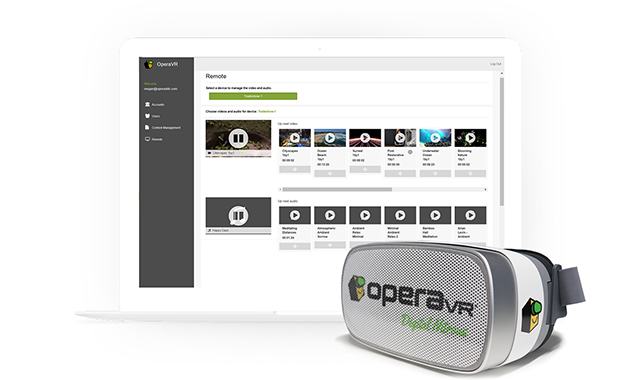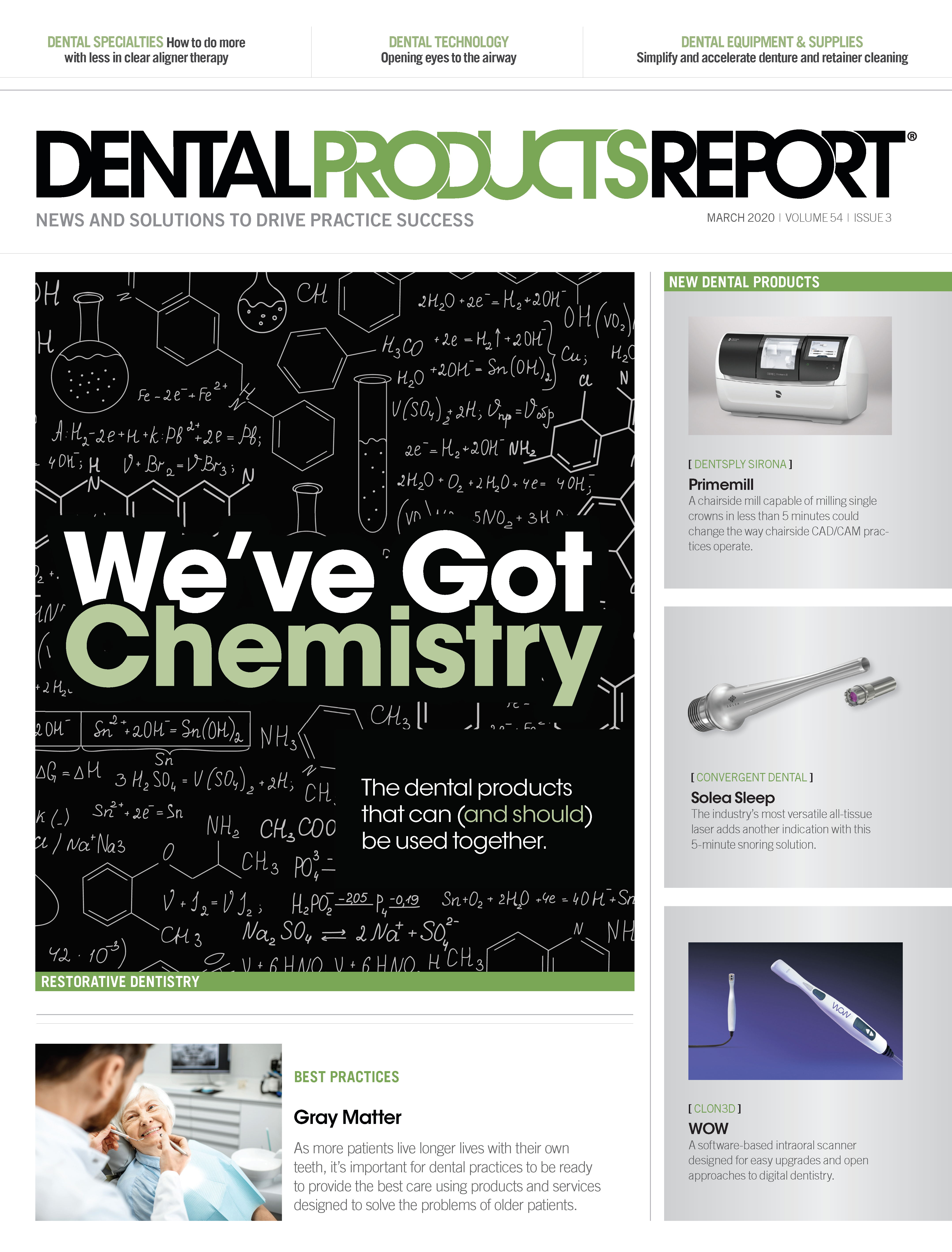How virtual reality is changing the dental patient experience
One patient consistently became so anxious, she passed out in the chair. That all changed when she experienced OperaVR™.

Jennifer Fernjack

It is estimated that more than 80 percent of Americans experience some form of anxiety when going to the dentist and approximately 22 percent skip getting the care they need because they are afraid. Jennifer Fernjack, a motivational speaker from Spring Park, Minn., knows this fear all too well.
“For years, I have passed out in the dental chair, sometimes even before getting the Novocaine,” Fernjack says. “My ears start ringing, my hands get clammy, my blood pressure drops, and I am out.”
For Fernjack, her anxiety extended far beyond her time in the dental chair. “For me, it was not only getting through the time in the dental chair, but also the worrying before my next appointment that this would happen again.”
Fernjack is a patient of Bryan Laskin, DDS, founder of Lake Minnetonka Dental in Wayzata, Minn., and the inventor of OperaVR, a virtual reality system that is changing the dental experience for both patient and practitioner.
Scientific research has shown that virtual reality can effectively reduce pain and anxiety and limit worry. More than a mere distraction, OperaVR also known as digital nitrous, takes the patient “out of the office” and into a whole different dimension known as “involuntary mindfulness.”
The OperaVR headset is specifically designed for dentists and features glasses with an adjustable and flexible strap that goes behind the patient’s head. The headset is also designed to not obstruct the dentist’s workspace.
Providing a drug-free sedation, OperaVR also includes several adventures or scenes that depict calming settings such as a beach or sunset that “transport” the patient’s awareness to a different environment and quickly reduces their anxiety and perception of pain.
Patients are encouraged to choose a scene that is relevant to them. “Some dentists have a TV in the procedure rooms to distract you,” Fernjack says, “but with OperaVR, you choose the channel, so to speak. Having this choice gives you a perceived sense of control in a setting where you don’t normally feel like you have control.” The patient can also use earbuds to add audio that further enhances the experience.
OperaVR can be used with a variety of dental procedures including routine dental visits, extractions, fillings, and root canals. Additional instructional videos on oral health topics also provide consistent messaging and save time for the dental assistant.
“When people see the OperaVR hardware, they assume it only benefits the patient and only when the patient is in the chair,” Fernjack says. “But the benefits go beyond the chair and beyond the patient.”
The drug-free sedation achieved with OperaVR also reduces the need for nitrous oxide and decreases liability, potential risks, and costs for dentists. It eliminates potential side effects for the patient as well and may result in increased procedural efficiency due to the patient’s relaxed state.
Patients who are confident and comfortable with their dental care are more likely to be compliant with their treatment plan and to tell others about their positive experience, creating word-of-mouth marketing for the dental practice.
“OperaVR is an amazing product,” Fernjack concludes “When Dr. Laskin first suggested the VR glasses, it gave me a sense of hope. Today, my fears and anxiety about going to the dentist have been transformed thanks to OperaVR.”
OperaVR
OperaVR is a virtual reality headset that provides a drug-free calming experience for anxious patients. OperaVR is reportedly effective at reducing pain and anxiety by immersing patients in a different environment. The headset is designed specifically for dentists and will not obstruct the workspace. OperaVR is equipped with sound, so patients can plug in and become fully focused on a scene of their choosing.
OperaVR “Digital Nitrous”
612-389-9085 | digitalnitrous.com

ACTIVA BioACTIVE Bulk Flow Marks Pulpdent’s First Major Product Release in 4 Years
December 12th 2024Next-generation bulk-fill dental restorative raises the standard of care for bulk-fill procedures by providing natural remineralization support, while also overcoming current bulk-fill limitations.